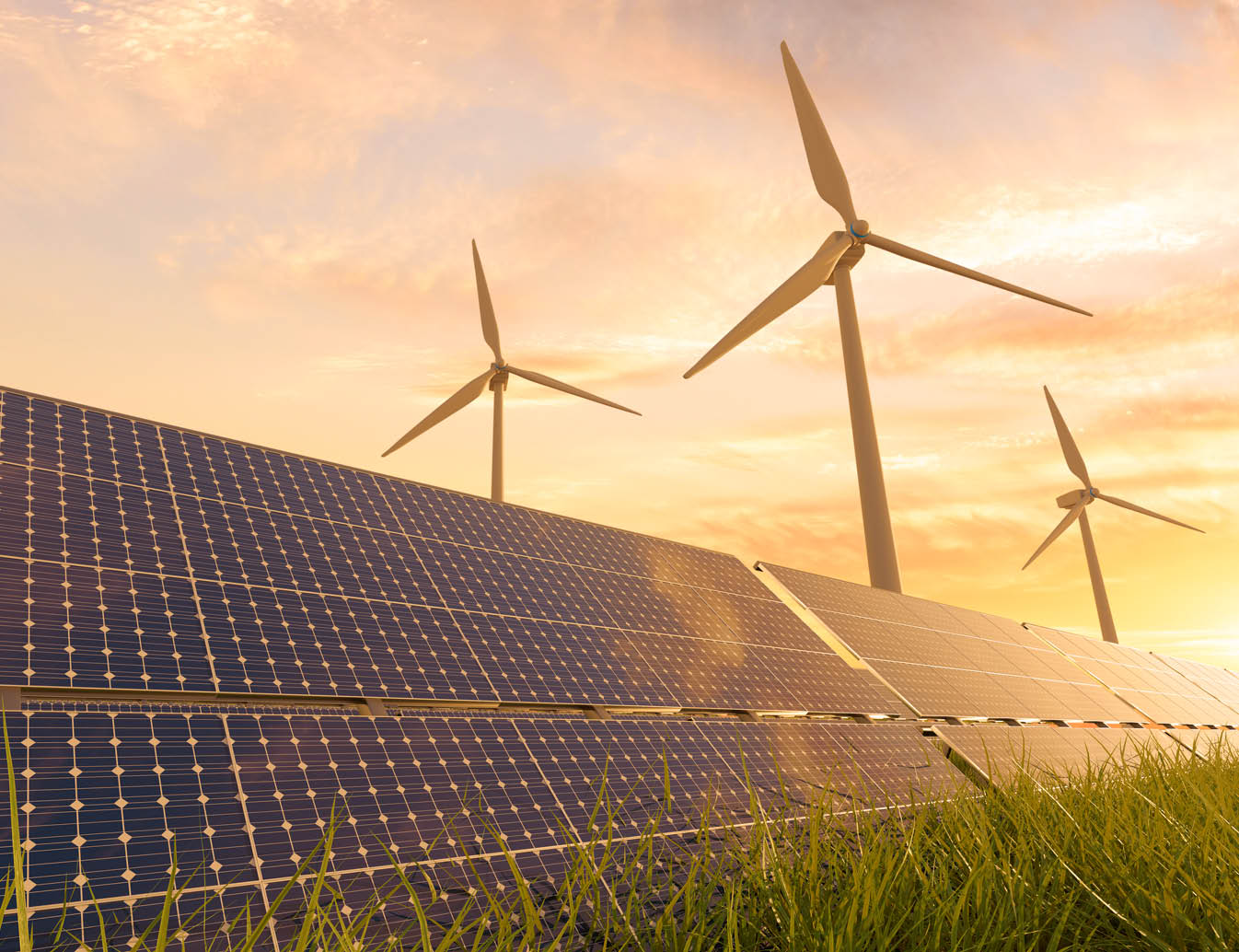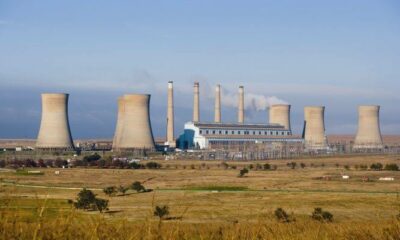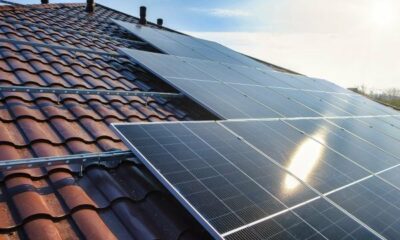News
R8.4 Billion for a Greener Future: What SA’s New AfDB Loan Really Means

A lifeline for Eskom-weary citizens or just another policy on paper?
South Africa has just clinched a major deal with the African Development Bank (AfDB) a hefty $474.6 million (about R8.4 billion) loan to supercharge its Just Energy Transition (JET). But while politicians and bankers are hailing it as a game-changer, many South Africans are asking the same question: Will this really fix the lights?
This new financing marks the third phase of South Africa’s Development Policy Operation and is backed by international allies including the World Bank, Japan’s JICA, and even the OPEC Fund. It’s all hands on deck to help South Africa turn the corner on an energy system that’s been plagued by rolling blackouts, ballooning emissions, and crumbling infrastructure.
A Green Promise, Years in the Making
South Africa’s Just Energy Transition isn’t new, it was first publicly pitched as a way to decarbonise the economy without leaving workers and communities behind. But implementation has been slow, bogged down by policy confusion, political resistance, and, of course, Eskom’s ongoing meltdown.
The idea is simple in theory: move away from coal, invest in renewables, and retrain affected workers for greener jobs. But in practice, it’s been more complicated, especially with deep-seated inequality and unemployment hanging over every national decision.
This AfDB loan could shift the gears. The Treasury calls it a “pivotal step” in not only securing energy but also unlocking inclusive economic growth. In plain terms: more jobs, less load shedding, and a shot at real climate resilience.
Public Reactions: Scepticism Meets Hope
On social media, the reaction to the loan was mixed. Some welcomed the funding, calling it “long overdue,” especially after years of state capture hollowed out Eskom’s capabilities. Others were quick to point out past loans and grants that never quite delivered.
One user on X (formerly Twitter) posted,
“Another billion for the Just Energy Transition. But can we just get electricity first?”
Civil society groups, including energy watchdogs and climate activists, have cautiously applauded the move. “The money matters,” said a spokesperson from Earthlife Africa, “but transparency on how it’s spent matters even more.”
Why This Loan Matters
Unlike bailout cash or emergency aid, this AfDB deal is structured to support long-term structural reform. That includes upgrading infrastructure, improving public transport, and investing in green jobs. It’s also tied to performance and reform metrics, meaning the government has to actually follow through to access the full benefits.
And here’s the kicker: it’s denominated in foreign currency but comes with lower interest rates, a big deal in today’s high-inflation world.
The Treasury was quick to thank AfDB for its “unwavering support,” but it also acknowledged the elephant in the room — real progress depends on implementation. That means decisive action in energy and transport policy, two sectors mired in red tape and mismanagement.
Context: A Country at a Crossroads
South Africa is the 14th largest emitter of greenhouse gases globally, not because of overconsumption, but due to an aging coal-dependent grid. And while the world pushes toward net-zero, South Africa faces the unique challenge of transitioning without deepening poverty or joblessness.
The R8.4 billion loan, if well-managed, could help rewire not just Eskom, but the broader economy. It’s a shot at modernising public infrastructure while keeping the country’s climate promises intact.
This isn’t just about solar panels or wind farms. It’s about restoring trust in government institutions, building a stable power supply, and creating a future where South Africans don’t have to choose between electricity and employment.
The AfDB loan gives the country another chance, perhaps its best yet to show that a Just Energy Transition is possible, not just on paper but in the daily lives of citizens. Whether it becomes a breakthrough or just another headline depends entirely on what comes next.
Let’s hope this time, the lights stay on.
{Source: IOL}
Follow Joburg ETC on Facebook, Twitter , TikTok and Instagram
For more News in Johannesburg, visit joburgetc.com



























